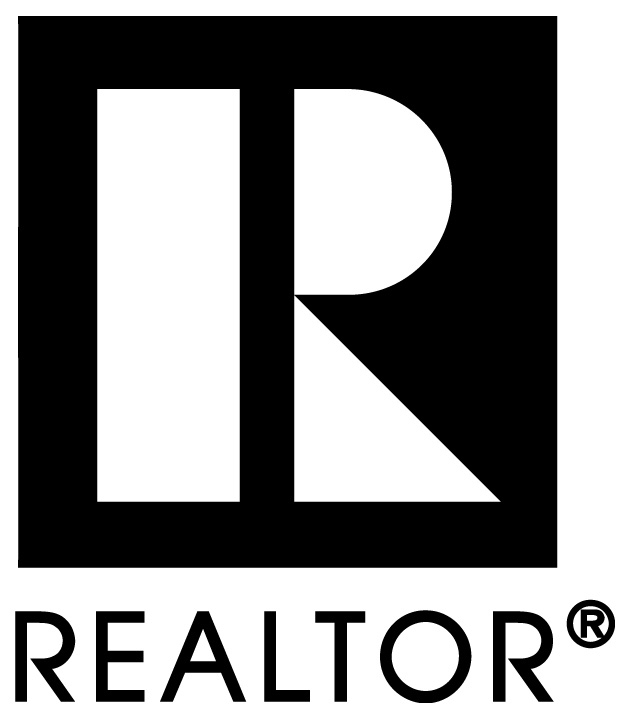Every real estate website will tell you that in order to maximize the proceeds from your sale, you need to price your house correctly. This is true. But why? And how? It’s funny how many sellers know what they “should” list their house for but want to “try” a higher price. Depending on market conditions, this can be successful but it usually fails. Here’s why:
Comparison Shopping. Think about your own shopping experiences-for groceries, a car, shoes. You, and most buyers, are comparison shoppers. This means you evaluate your choices in the marketplace and choose the best value based on certain qualities. When shopping for a car, that might mean extra features, a special color, low mileage, excellent condition, etc. When shopping for a house, that can mean condition, location, number of bedrooms, off street parking, school designation, etc. If a buyer has $300,000 to spend on a 3 bedroom/2 bathroom house, that buyer will evaluate all of the 3 bedroom/2 bathroom homes in their price range and desired location and choose the best value. If you are the seller of a home with 3 bedrooms/2 bathrooms that “should” sell around $300,000, in order for you to be chosen by this buyer, you need to be the best value amongst your competition. If you know your home is worth $300,000, but you price it at $350,000, you will be competing with homes priced at $350,000–homes that are likely “better” than yours. The more expensive homes will be bigger, more renovated or in a different location-all factors that may encourage a buyer pass over your home in favor of a better value.
Comparative Market Analysis. One tool to help you evaluate the marketplace is a Comparative Market Analysis (“CMA”). A CMA is generated by comparing prices of similar properties in your area that are on the market, under contract or have recently sold. We look at historical data (properties that have recently sold) to determine where prices are trending and real time data (similar homes currently on the market or under contract) to determine where pricing is currently, so we can best advise you as to a reasonable list price for your home.
Some ideas to keep in mind when setting the price of your home:
1. Abandon your Personal Bias.
In order to determine the market value of your home, you must objectively establish what someone else would pay for it. This means setting aside your emotional attachment to the many wonderful memories you have enjoyed in your home and focusing on the objective characteristics of your home: total square footage, floor plan, construction quality, condition, amenities, lot size, topography, view, landscaping and neighborhood. By focusing on the objective criteria, you can start to evaluate how your home compares to similar houses on the market.
2. Educate Yourself.
Visit local open houses and compare the location, condition, size and amenities of these houses to your own as objectively as possible. A house that has been well-maintained will show better and, therefore, is likely to sell more promptly and for a higher price than one that needs renovation. When a house offers amenities that are currently popular in the marketplace, it will invite a higher price.
3. Consider Market Conditions.
How is the economy? Interest rates? Local job market? What season is it? Homes tend to sell more quickly in the spring and summer months than in the winter because many people prefer to move during the longer warmer days and between school years. Are prices of homes in your neighborhood on the rise? Are homes selling quickly?
4. Listen to Feedback
Pricing a home is not an exact science and sometimes adjustments need to be made during the listing period to attract an acceptable offer. As listing agents, every time one of our listings is shown, we contact the showing agent for his/her opinion and the client’s opinion of the home and we share this feedback with you, the owner. It is important to listen to this feedback and react appropriately. Perhaps changes should be made to the showing condition that will minimize buyers’ objections. Perhaps a price adjustment is necessary if buyer comments are positive but no offers are forthcoming. Perhaps no adjustment is needed and patience is necessary. Making adjustments during the listing period helps your house stay in front of the market and attract an offer acceptable to you.





